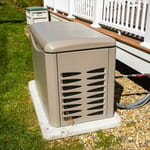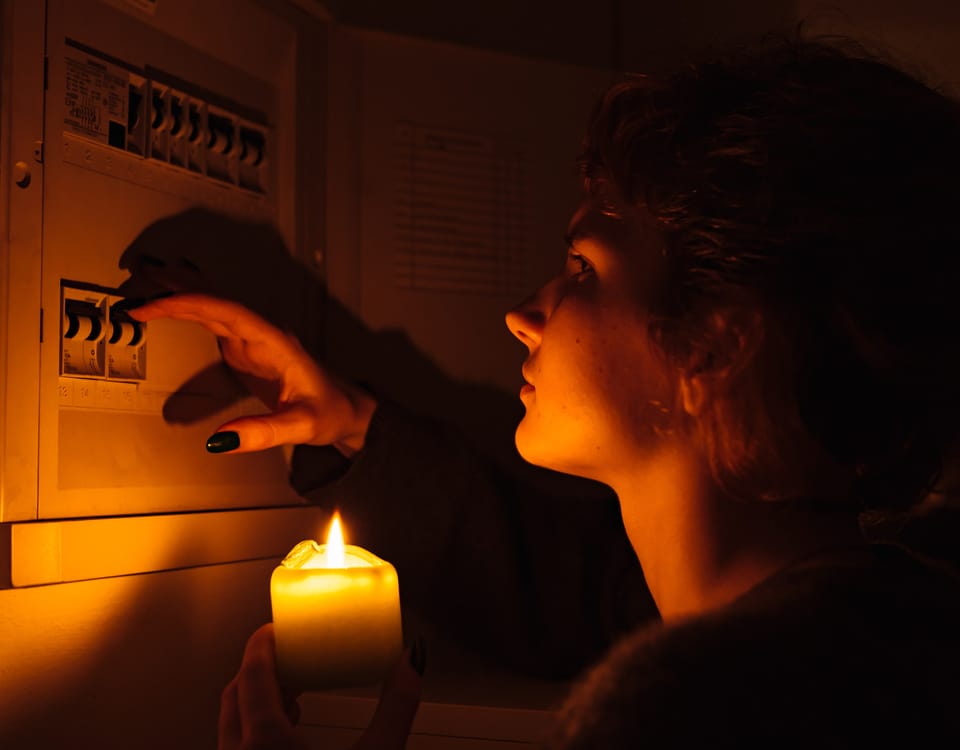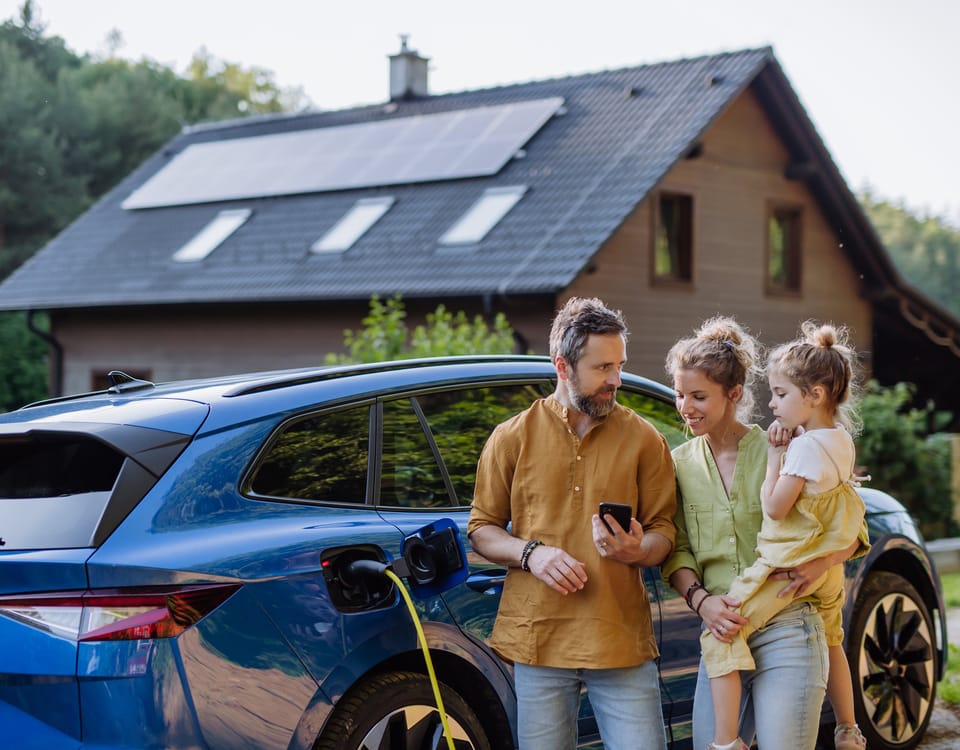
Powering Through Anything: A Guide to the Whole Home Generator
April 15, 2024
Hurricane Season: Don’t Let the Storm Catch You Off Guard
June 25, 2024Whole home generators are lifesavers during power outages, acting like a superhero for your home! They intelligently monitor the utility grid and automatically swoop in to take over when the power goes down. This ensures your essential appliances and electronics keep running smoothly, providing light, heat, and refrigeration – all the things that make a home comfortable and livable. But with a wide variety of whole home generators on the market, choosing the right one can feel like solving a puzzle. Fear not! This guide will be your trusty sidekick, helping you navigate the key factors to consider and find the perfect generator to keep your home a haven during any power outage.
Sizing Up Your Whole Home Generator Needs
The first step is figuring out how much power your home needs. Generators come in various sizes, measured in kilowatts (kW). A kW is equal to 1,000 watts, which is the unit used to measure appliance power consumption.
Here’s a general guideline to get you started:
- Small homes (under 2,000 sq ft): These homes might need a generator between 5 kW and 10 kW to power essential appliances like refrigerators, lights, and sump pumps.
- Medium homes (2,000 – 4,000 sq ft): In this range, you’ll likely need a 10 kW to 15 kW generator to power essentials plus some extras, like air conditioning or a well pump.
- Large homes (over 4,000 sq ft) or homes with pools: Here, a 15 kW to 20 kW+ generator might be necessary to run everything comfortably during an outage.
Building size isn’t the only factor. Consider your must-have appliances and their wattage needs. Add up the wattages of the appliances you want to run during a power outage to determine the minimum kW requirement. Remember to factor in a surge wattage – some appliances require a burst of extra power to start up. It’s always better to go a little bigger than you think you might need to ensure enough power for your needs.
Fueling Your Power Choice
Next, let’s explore the different fuel types for whole home generators:
- Liquid propane (LP): Clean-burning and readily available, LP is a popular choice for many homeowners. It comes in portable tanks or can be connected to a permanently installed underground tank.
- Natural gas: If your home has a natural gas line, this can be a convenient and affordable fuel option. However, if your power outage is caused by a natural gas line break, your generator won’t function.
- Gasoline: Gasoline generators are generally less expensive upfront, but fuel costs can add up quickly. They also require more frequent maintenance and can be noisy.
Choosing the Right Fuel for You
The ideal fuel type depends on your specific needs and circumstances:
- Homes with existing natural gas lines: Natural gas can be a cost-effective and convenient option if reliability isn’t a major concern.
- Homes without natural gas lines: LP offers a clean-burning and reliable alternative. Consider the cost and storage options for propane tanks.
- Temporary or portable generator needs: Gasoline might be a suitable choice for occasional use, but keep in mind the noise factor and maintenance requirements.
Peace of Mind Powered On
A whole home generator is an investment that provides peace of mind and keeps your home’s vital functions running during power outages. By considering your power needs, fuel options, and lifestyle, you can choose the perfect generator to keep your home comfortable and secure, no matter what the weather throws your way!
Ready to take the next step on a Whole Home Generator?
Empowering yourself with a whole home generator is a smart decision that safeguards your comfort and well-being during unexpected outages. To ensure you select the perfect fit for your home, consulting with a qualified electrician is crucial. They can assess your specific power needs, evaluate your electrical system’s compatibility, and recommend the ideal whole home generator for you. Here at Grizzly Power Solutions, our team of licensed electricians possesses the expertise to guide you through the entire process. We’ll help you navigate the various generator options, determine the optimal size and fuel type for your needs, and ensure a seamless installation that adheres to all safety regulations. Don’t wait until the next power outage to take action. Contact Grizzly Power Solutions today – we’re here to illuminate your path to home power security!





1 Comment
[…] permanent backup power source that automatically kicks in when your utility power goes out. It can power your entire house, including your refrigerator, air conditioner, lights, and […]